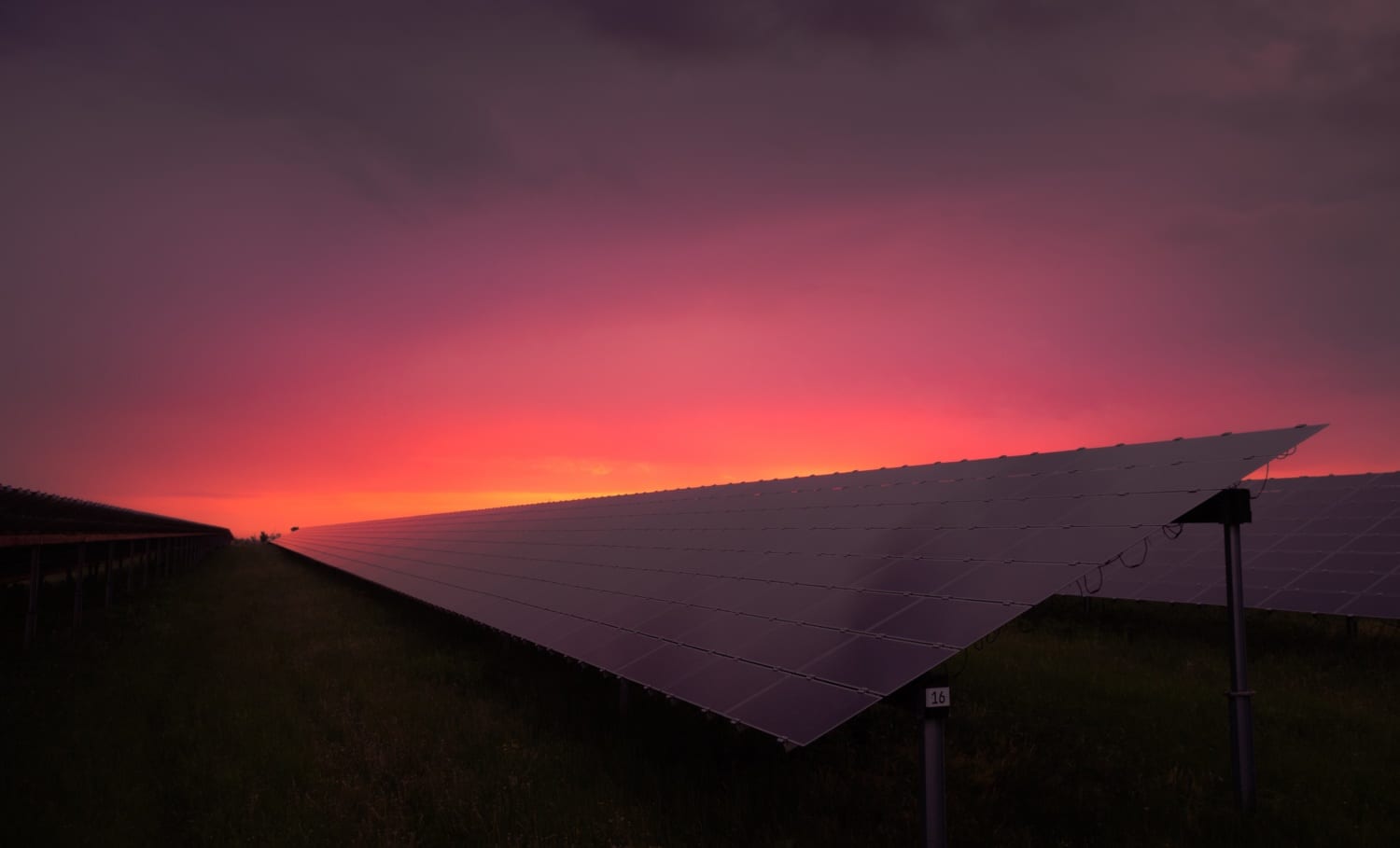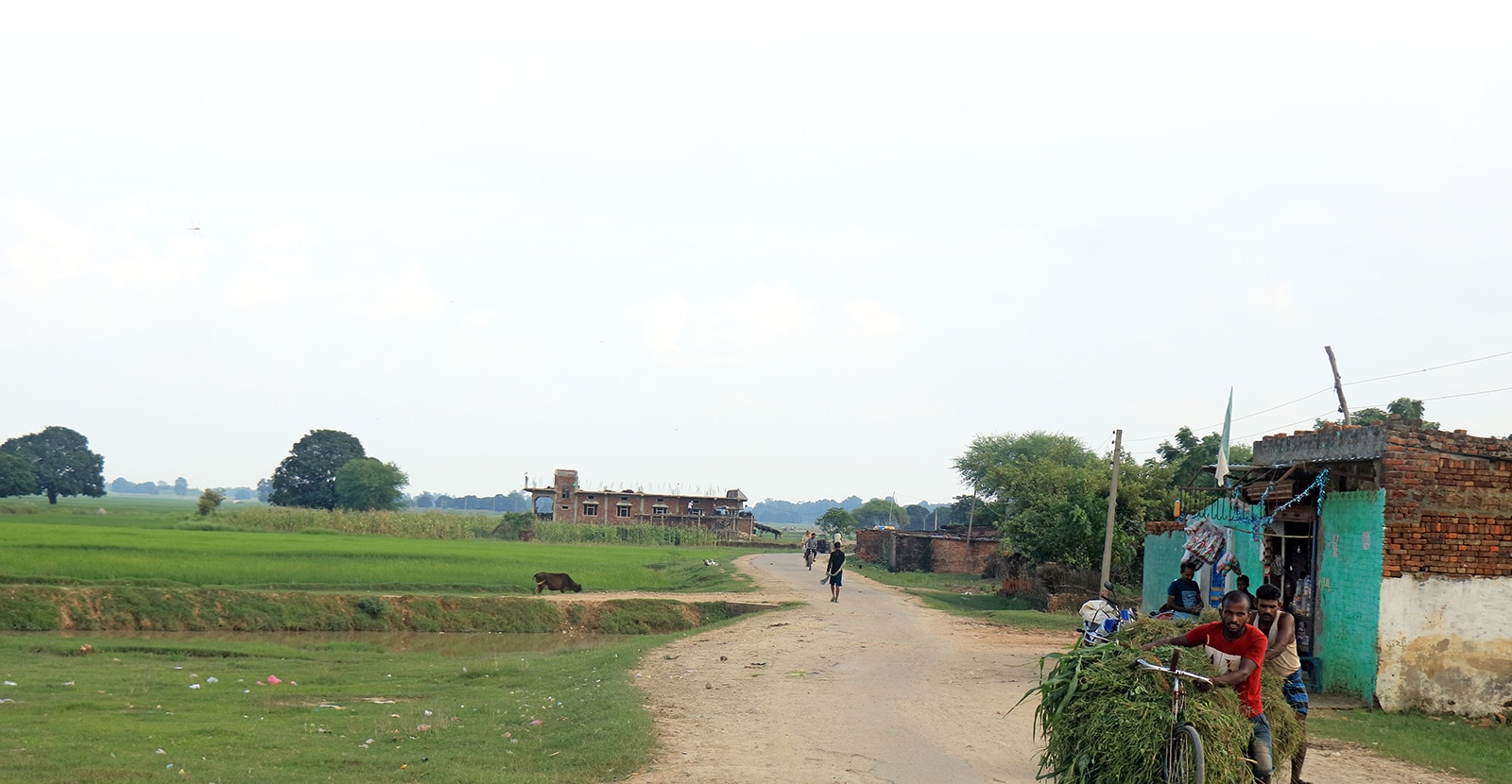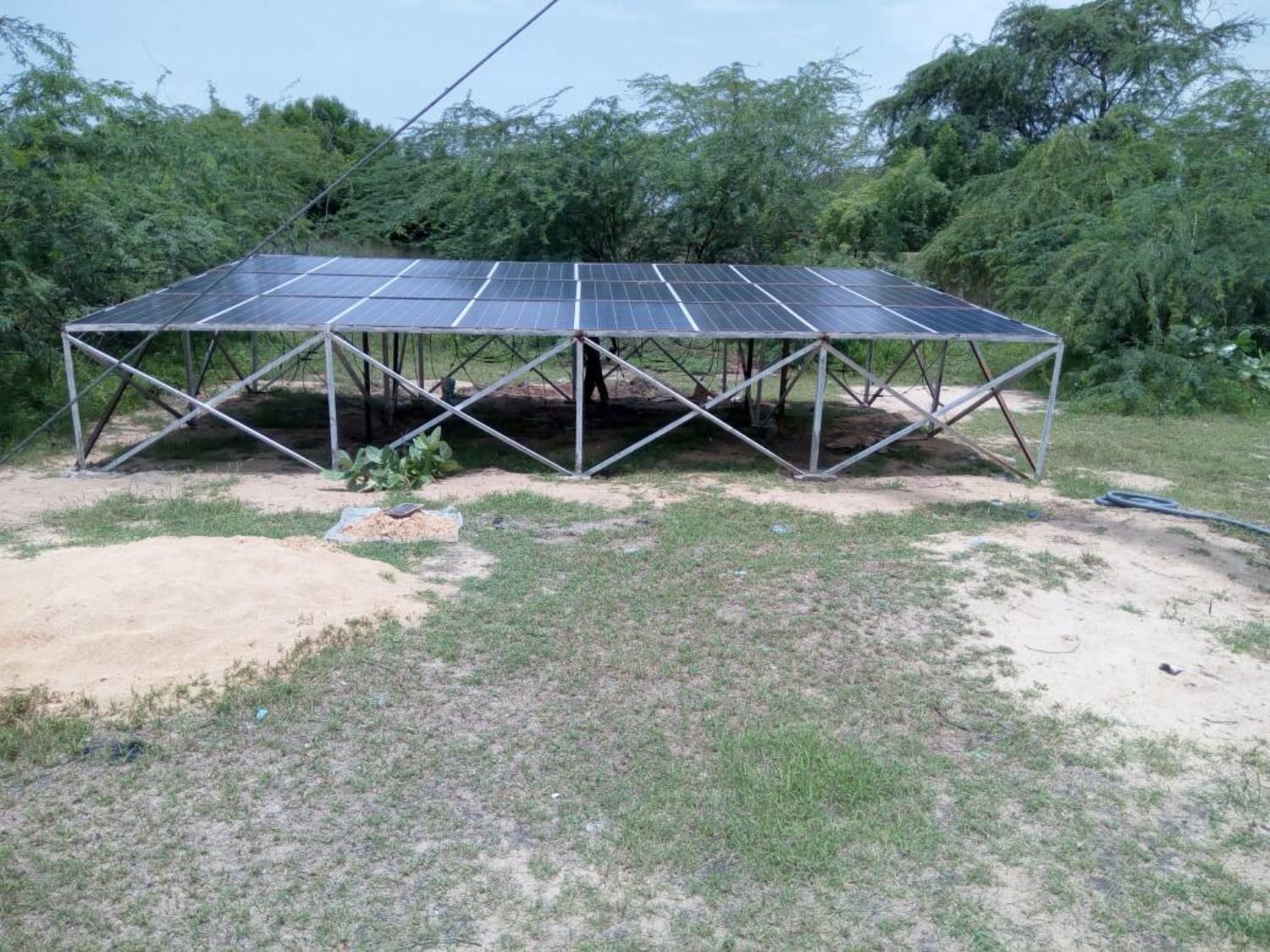

Radio station sustainability is key to countering violent extremism
When communities are placed at the center of the planning and design of community radio interventions like the Karal community was in this project, those stations are more likely to succeed and produce programming that truly builds resilience.
A Project of —
Chad

Equal Access International (EAI) implemented a holistic radio program that included building new radio stations, repairing damaged stations, installing solar panels, capacity building of radio station managers and community owners in Chad to broadcast programming that promotes tolerance as an alternative to extremist messaging. The first step in this project was to build a radio station in Karal, a community at risk for violent extremism (VE).
My father gave me a piece of advice on his deathbed that sounded very much like a mission, and he said: This situation of poverty and marginalization is untenable. Go and be a change agent for our community, be a transformational leader, and advocate on behalf of the Budumas.” Adam Tchari
The biggest risk for community radio stations is a lack of ownership. If communities are not engaged in the creation, development, and capacity building of the stations at all levels, community leaders and key stakeholders will be unlikely to remain committed in the face of challenges. If, on the other hand, communities are placed at the center of the planning and design of community radio interventions, like the Karal community was, not only will those stations be more likely to succeed and sustain beyond the end of the funding, the programming produced and broadcast will reflect audiences’ needs, priorities, and realities.
Given the success of the initial tower and the communities enthusiasm and motivation to run the station, a second tower was constructed in Massenya after it fell in the summer of 2016. The final step in the sustainability plan was to install solar panels in Karal and Bol. This ensured that people in these communities, and the surrounding 100 km, would receive important peacebuilding, resilience, and tolerance programming delivered in local languages decreasing their vulnerability to VE groups. EAI also provided training to radio personnel that included, not only technical skills, but sustainability capacity building for managers who were primed to become stewards of stations with Radio Al Houda Gnere (in Guereda), Radio Darbadja (in Amtiman), Radio Meguedem (in Bousso), Radio Mourgoudida (in Massenya), and Radio Al Hadaba (in Karal).

There was (and still is) a serious need for Chadian communities to receive countering violent extremism (CVE) related information in order to influence social behaviors. Outfitting the new radio stations in Karal and the station in Bol with a solar panel system to store and emit energy greatly benefits the communities and those living on the surrounding islands because they are now able to listen to CVE-related episodes and other important news that they originally couldn’t get or was intermittent. The creation of community radio in regions at risk of and affected by VE provides a platform for information exchange and dialogue to ease tensions within the most at-risk communities. Likewise, community stations in Chad are outlets for moderate leaders (community, traditional, and religious) to engage directly with the population about priority issues. Rather than serve as drivers to extremism and radicalization, if discussed openly and credibly, community challenges and issues, such as marginalization, have served as entry points for larger discussions of and greater understanding among community members. The ubiquitous access radio affords means that citizens of all incomes and socio-economic status can be included in the discussion.
Partner with Us
Join us in finding innovative ways to support communities in stewarding peace and moderate voices in the face of extremism